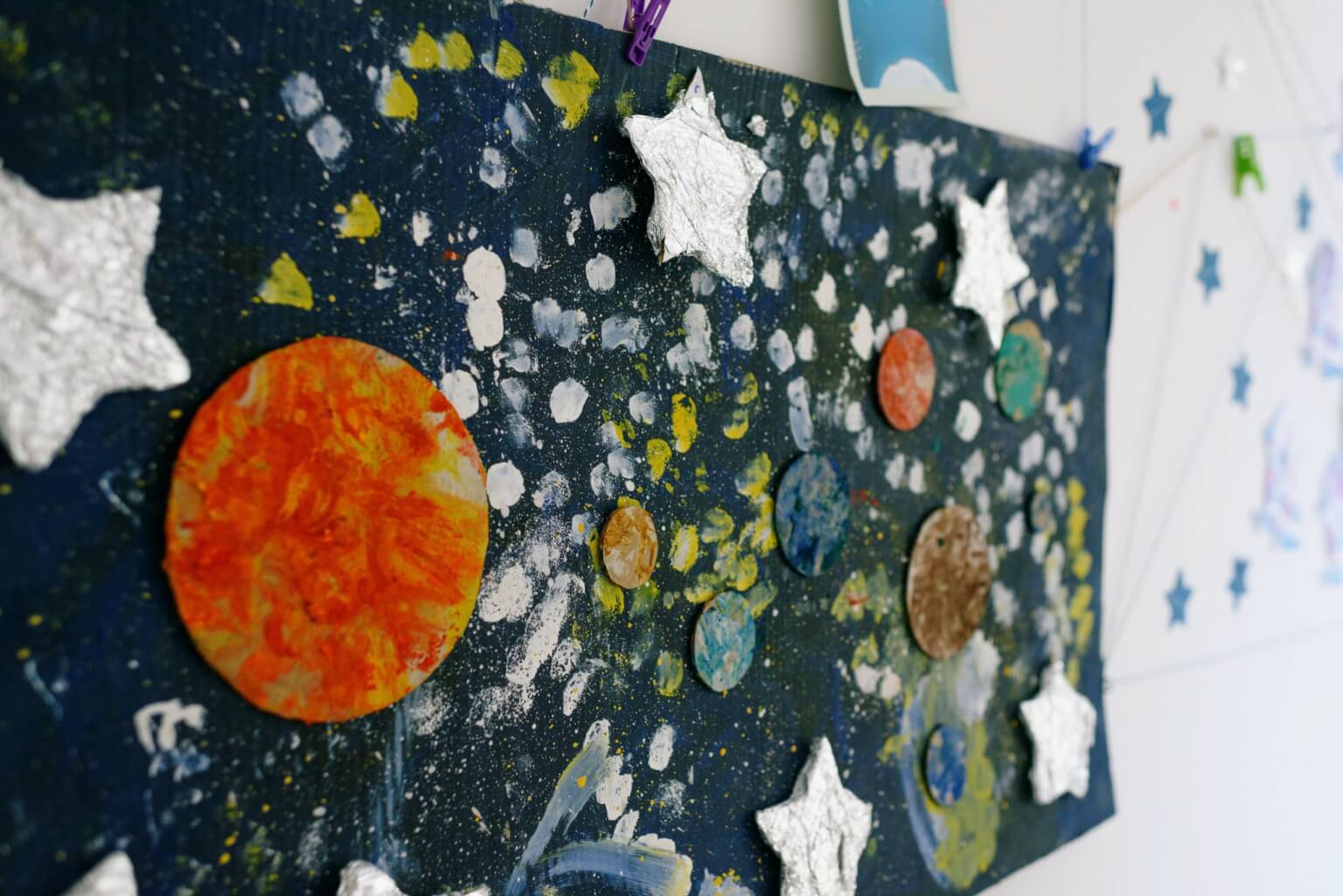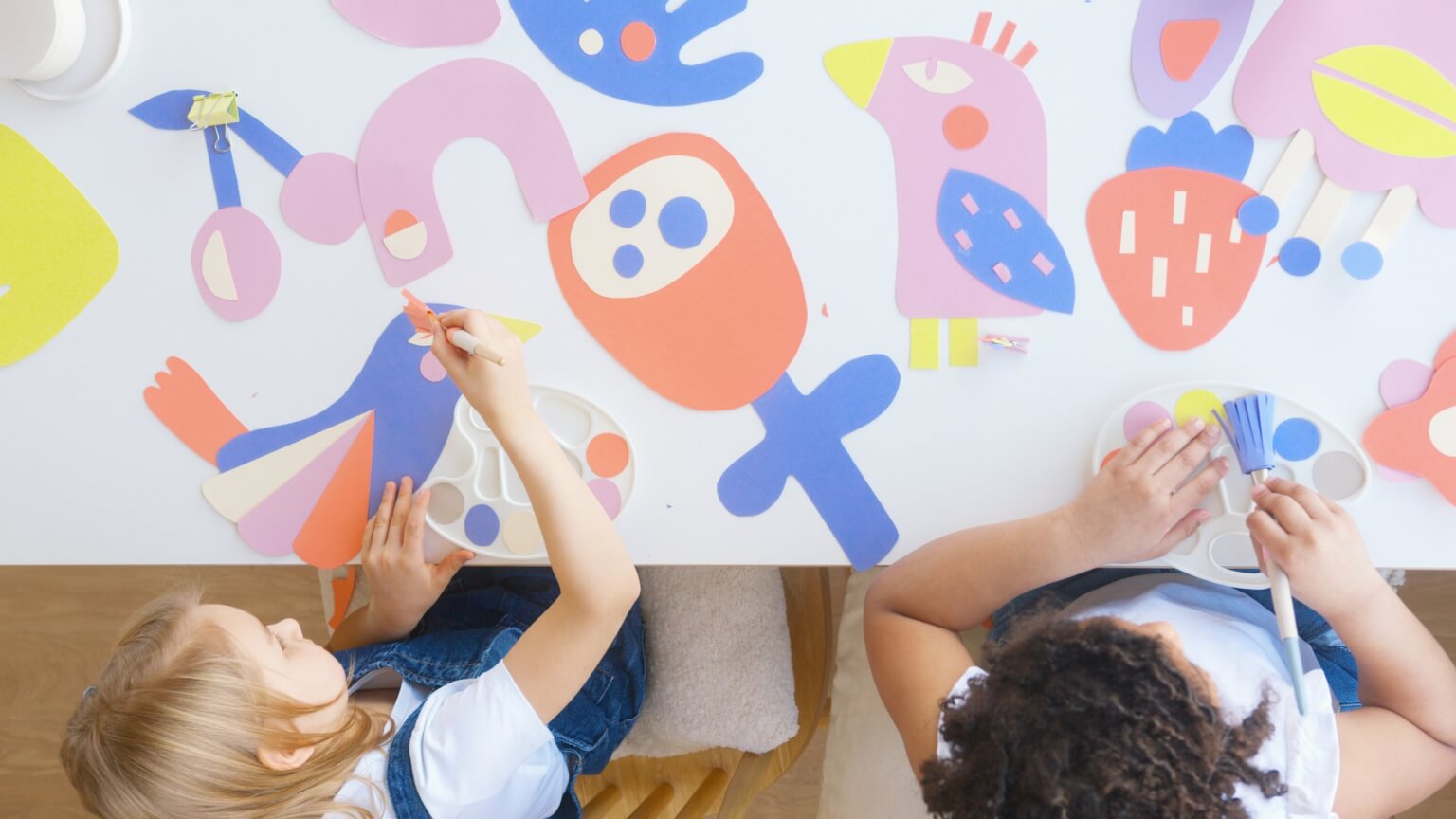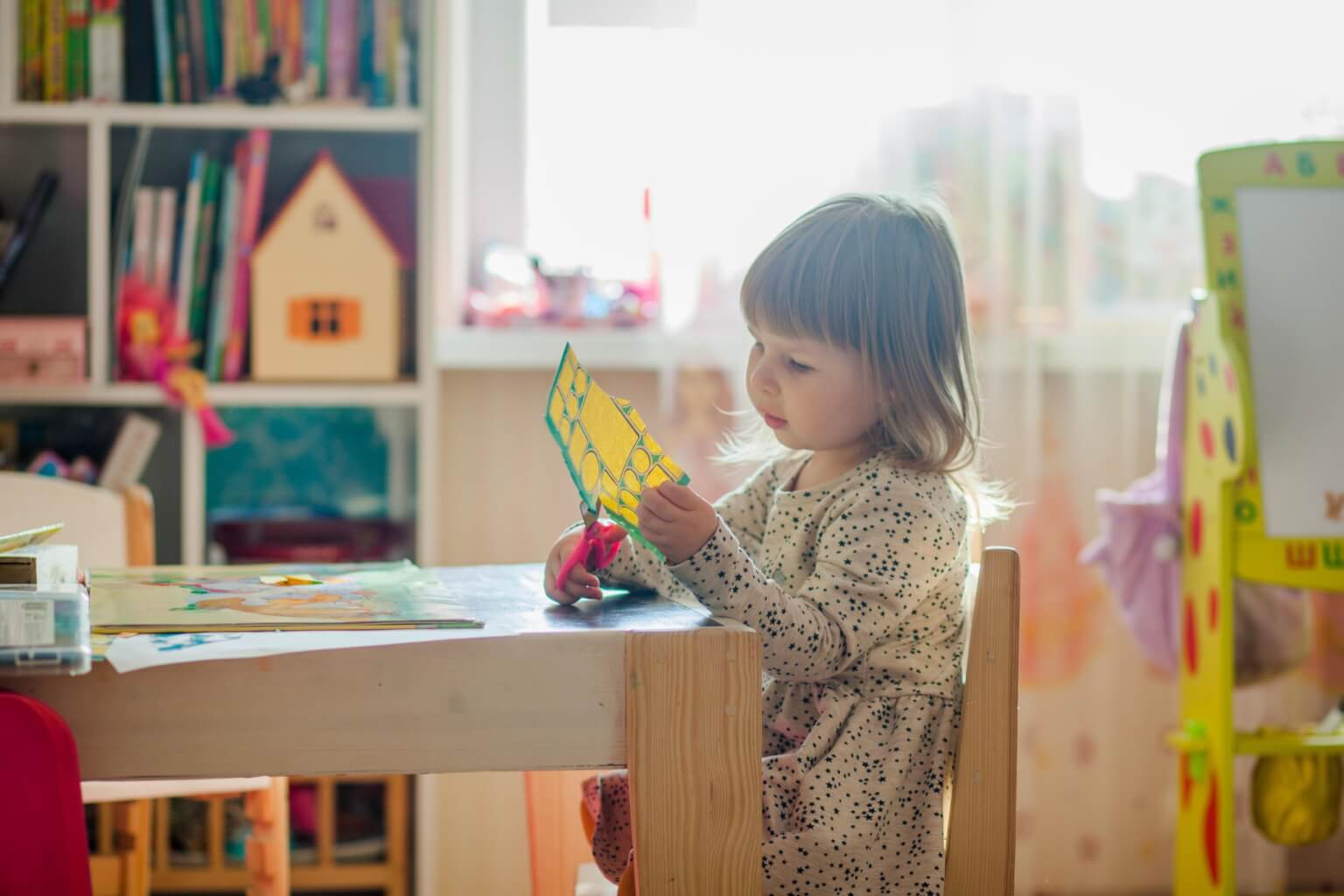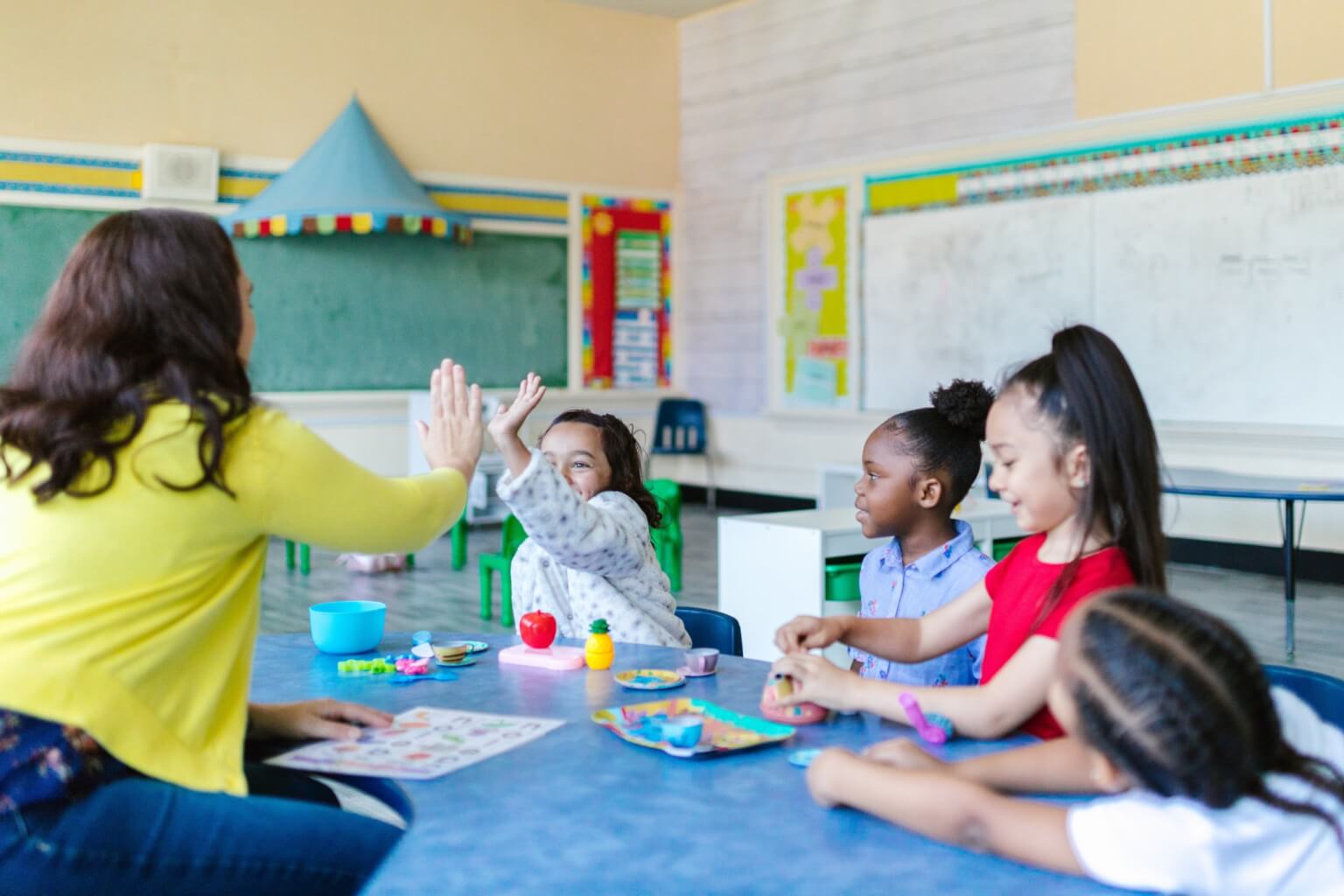The benefits of makerspace are far-reaching. When you provide students with makerspace, you give them an opportunity to explore. Unlike more traditional methods of education, maker education isn’t about teaching a skill like reading, writing or addition; it’s about changing how someone looks at the world.
That may sound grandiose, but if you read to the end of this blog we think you’ll agree.
Why makerspaces are important
Before we dive into its benefits, let’s establish why makerspaces are important.
As after school software providers, we see makerspace as providing unique learning experiences that prepare kids for today’s challenges.
We know that 70% of kids are dropping out of organized sports before age 13 in the United States. Part of the reason for this exodus, is that kids are afraid to make mistakes as sport becomes more serious. As a result, many kids turn to outlets like video games where they are free to make mistakes and play around without anyone correcting them.

So, when it comes to education, what kids need is a method of education where mistakes are not only welcomed, but encouraged. That’s exactly what maker education can offer.
Makerspaces are so important because making mistakes is built right into programming.
With makerspace, kids are encouraged to explore and experiment. They’re led to understand that problems can have many solutions and learning is not about attaining perfection.
1) Problem Solving Instead of Repetition and Memorization
Maker education requires a fundamental reimagining of regular curriculum. Traditional schooling imparts information and teaches skills through repetition and memorization. Conversely, maker education relies on problem solving.

Makerspace education presents a problem and instead of asking students to recall a fact they were once told, they must think critically about a solution. This type of learning requires students to immerse themselves in trial and error to achieve their goal.
As mentioned above, when you’re a maker, failing becomes central to the process. Instead of a more traditional ‘high stakes testing’ model where failure is final, with maker education, failure presents an important opportunity to reflect and learn.
As kids fail they learn to iterate. This practice teaches them that there are always opportunities to improve. It teaches them that challenges in life are not black and white and that solutions may come in many shades of grey.
Ultimately, kids gain the understanding of what it takes to be a problem solver. This experiential learning can build the creative problem solving skills needed in today’s workforce.
2) Benefits of Makerspace and Realistic Project-based Learning
Instead of cycling through endless worksheets to teach a single concept, maker education uses project-based learning to teach multiple concepts at once.

As a result, project-based experiences can help challenge and develop many skill-sets at once. This can include sharpening a student’s cognitive, emotional and team-work skills.
Thanks to this comprehensive approach, instead of viewing their skill-sets in isolation, kids can see how skills are interconnected to complete a project. And when these projects address real-world problems, kids can develop their ability to recognize patterns in the real-world.
As they work through project-based problems, students also gain experience overcoming obstacles independently or as a team. This experience helps condition them to push-through challenges and familiarize themselves with the trials of a difficult task.
3) The Benefits of Makerspace and Granting Autonomy to Youth
Another major benefit of project-based learning is that it empowers kids to choose how they come up with their solutions. Having the autonomy to choose how to solve a problem helps kids regulate their emotions, manage their time and develop their cognitive abilities.
By taking ownership in this way, project-based learning can teach kids how to learn. According to research conducted by Strobel & Van Barneveld (2009), project-based learning can also increase long-term retention. Clearly, choosing how to solve a problem can help deepen a child’s engagement and their memory of the solution.
It’s no surprise then, that research has also shown that maker education provides academic gains equal or greater to those generated by other education models.
Lastly, just like adults, a child’s enjoyment improves when they’re in control. That’s why kids who partake in project-based learning experience improved attitudes toward learning, problem solving, and collaboration. From this finding, it’s fair to say that one of the reasons why makerspaces are important is because they can help create a love for learning.
4) Nurturing Ideas Instead of Lecturing
There isn’t a set way to accomplish a task in maker education. That means there isn’t a teacher standing at the front of a classroom providing step-by-step instructions.
Instead, makerspace instructors emulate good coaches. They nurture ideas and encourage students to explore their own solutions, even if the end result is learning what not to do. To that end, markerspace instructors also need to be ready to pick students up and dust them off when they hit a rut. They are there to cheer students on and encourage them to try again.

With makerspace education, solving problems often requires two-way communication. Students need to be able to engage instructors with questions and curiosities that can help lead them toward a solution. So, instructors are there to actively listen to kids and discuss their ideas with them.
When a strong path for two-way communication is established, students gain practice collaborating and asking for help. Both of these skills are essential to life-long learning.
5) Creating Self-reliant, Self-motivated Learners
As we’ve alluded to, makerspace education is a practice in failure just as much as it is a practice in problem solving. As a result, kids who experience makerspace education can become more resilient.
Makerspace students can become used to failure and understand that failure is simply a cause for reflection and a sign that they need to iterate.
Through iteration, they learn that failing at something is not a sign that the problem is an impassable obstacle.
This understanding empowers kids to feel more capable to work with what they have. Understanding that problems have numerous potential solutions teaches kids how to find solutions with limited and often imperfect means. In short, makerspace education is important because it strengthens the resolve of our youth.
As research has proven, makerspace education results in kids having more self-reliance, self-motivation and improved attitudes toward learning. Simple put, it changes their world view.

Summary: Makerspace Benefits Children in A Multitude of Ways
The benefits of makerspace can completely change a child’s worldview. When kids are tasked with solving project-based problems, they’re able to develop multiple skills at once. This hands-on learning isn’t theoretical, so the skills they develop can be more readily used in the real world. Furthermore, by establishing two-way communication while granting kids the autonomy to come-up with their own solutions, kids become empowered by their instructors. They become empowered to follow their curiosities and see instructors as resources instead of lecturers.
Research shows that this form of education produces results that are equal to or greater than traditional education. But, more important than the grades it produces, makerspace builds self-reliance. As kids navigate trial and error problem solving, they become self-motivated learners with the tools and experiences needed to face the complex problems of tomorrow.
Do you have questions about running a makerspace or afterschool program?
Feel free to contact us at info@uplifterinc.com. We’re always happy to help!









